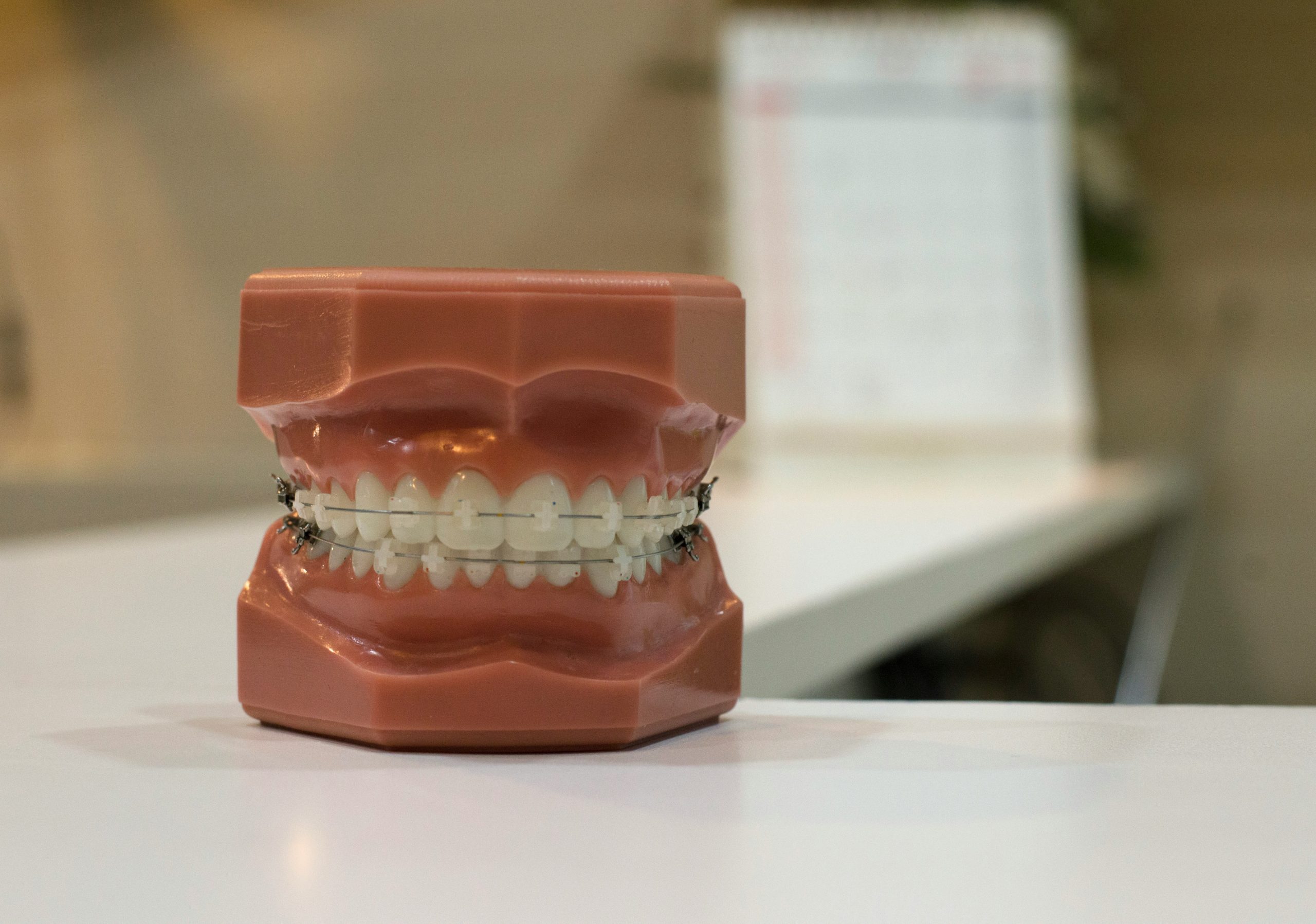The demand for dental hygienists is increasing, with about 16,400 openings projected each year. And with progressive changes in consumer needs, policies, and regulations, dental hygienists have the opportunity to practice with a great deal of autonomy and expertise.
For those interested in pursuing a career in oral health, dental hygiene is an intriguing choice, offering numerous benefits, career options, and opportunities for personal growth.
Whether you’re ready to submit your application or merely exploring the career as one of your many options, read on to discover what opportunities await you in the field of dental hygiene.
Job satisfaction and fulfillment
Dental hygienists derive immense satisfaction from their role in enhancing oral health and overall well-being. This satisfaction stems from the tangible impact dental hygienists make in patients’ lives through preventive care, education, and therapeutic interventions.
High job demand and opportunities
Additionally, the demand for dental hygienists is expected to increase rapidly, creating numerous job opportunities. Projected to grow seven percent from 2022 to 2032, dental hygiene is a career with increasing opportunity.
Why the increase in opportunity? The correlation between oral health and overall health, combined with initiatives to improve access to dental hygiene services, is expected to increase the demand for preventive dental care, including the services offered by hygienists.
Job stability and salary potential
In addition to the intrinsic rewards of the profession, dental hygienists enjoy favorable financial prospects and job stability, ranking among the most well-compensated healthcare professions, with competitive salaries up to $118,400 once you’ve locked in some experience and expertise. Plus, benefits like vacation, sick leave, and retirement contributions differ by employer and might be accessible exclusively to full-time employees.
To access these job opportunities, your studies should include an emphasis on practical skills and experiential learning so you’re set up for success after graduation.
Diverse day-to-day responsibilities
Apart from the benefits of being a dental hygienist discussed previously, the role encompasses a broad spectrum of responsibilities, including a versatile skill set and adaptability to meet the dynamic needs of patients and healthcare environments. In addition to cleaning teeth and educating about oral health, dental hygienists have various important responsibilities that contribute to maintaining good oral hygiene and overall well-being.
To complete this myriad of tasks and responsibilities, hygienists must demonstrate high levels of expertise in their own fine motor function, visual and auditory observation, and communication and critical thinking skills to effectively manage dental equipment, assist patients, and provide effective dental hygiene treatment.
Professional development and continuing education
Excellence in dental hygiene involves lifelong learning and professional development beyond initial education. In fact, the field offers many opportunities for advancement over a long career.
For example, while specific tasks that hygienists perform and how much supervision they need from a dentist can vary from state to state, some states permit hygienists with extra training, sometimes known as dental therapists, to perform certain procedures like removing baby teeth and fitting temporary crowns.
The field offers opportunities for dental hygienists to pursue further education to expand their scope of practice, specialize in niche areas, or assume leadership roles within the profession.
Learn how to become a dental hygienist through Goodwin University.
What to look for in a dental hygiene program
So, when you get serious about selecting a dental hygiene program, it’s important to consider several key factors that will contribute to your success and satisfaction. Researching a dental hygiene program involves evaluating accreditation, clinical experience, curriculum, faculty expertise, facilities, support services, class size, job placement rates, continuing education opportunities, and work-life balance.
Let’s explore the work-life balance and support to ensure a more manageable and enjoyable journey.
Work-life balance and support services
Goodwin understands that students have busy lives, so we take into account the demands of balancing education with personal and professional obligations. Goodwin University prioritizes student well-being by offering flexible scheduling options and comprehensive support services. From counseling to wellness programs, students receive holistic support to manage stress, maintain good health, and achieve optimal work-life balance.
Accreditation
Central to ensuring the quality and integrity of dental hygiene education is accreditation by recognized accrediting bodies such as the Commission on Dental Accreditation (CODA). Accreditation not only enhances job prospects but also underscores graduates’ commitment to upholding industry best practices and standards of care.
The accredited dental hygiene program at Goodwin University adheres to strict education and training standards, boosting graduates’ confidence in their abilities and licensure eligibility and ensuring that they meet the highest standards of education and training in the field.
So, the benefits of being a dental hygienist clearly extend far beyond financial rewards, encompassing intrinsic satisfaction, career growth, and professional recognition. Aspiring dental hygienists can begin their journey with confidence, knowing they are well-prepared for success in a field that provides personal fulfillment and professional growth.
Get started today with Goodwin.
Learn about the dental hygiene program at Goodwin University to see if oral health is the right career choice for you.
Goodwin University is a nonprofit institution of higher education and is accredited by the New England Commission of Higher Education (NECHE), formerly known as the New England Association of Schools and Colleges (NEASC). Goodwin University was founded in 1999, with the goal of serving a diverse student population with career-focused degree programs that lead to strong employment outcomes.
